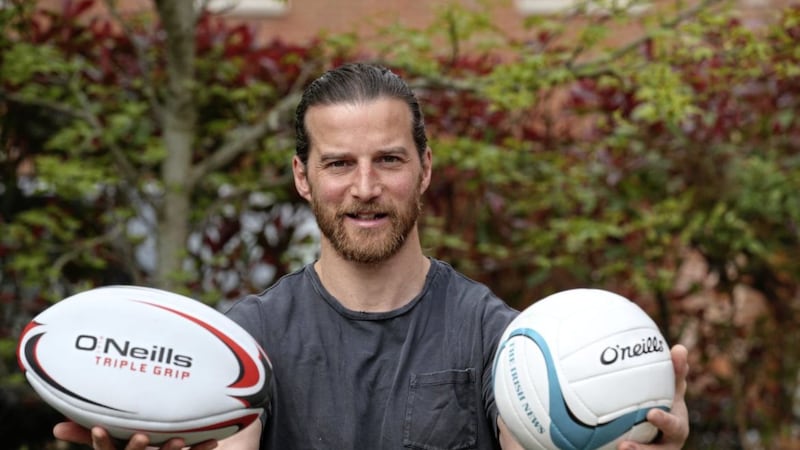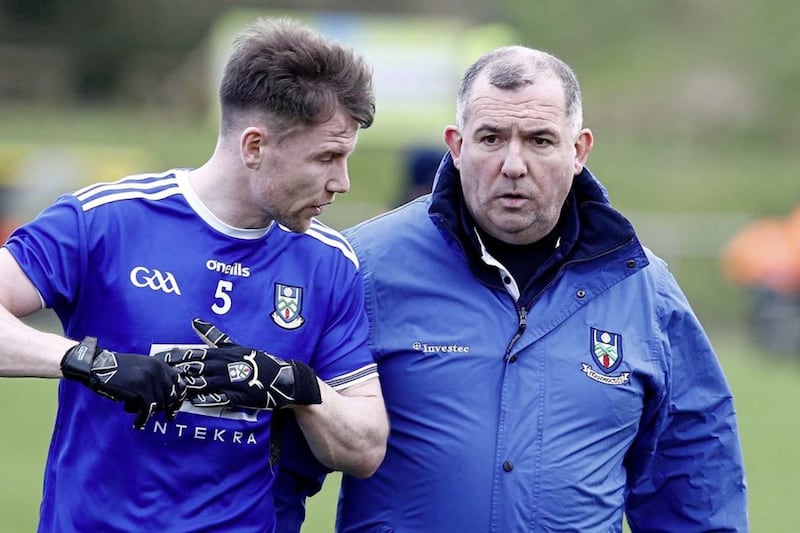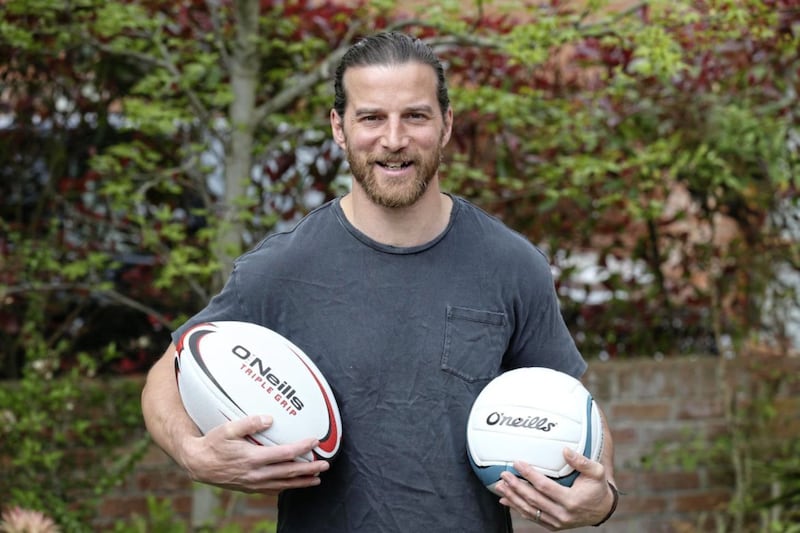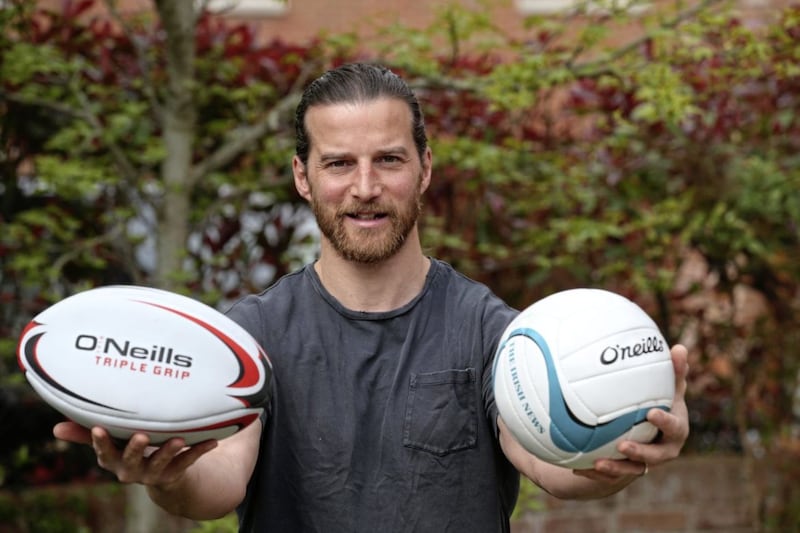TYRONE strength and conditioning coach Jonny Davis fears “an increased likelihood of injury” if players are rushed back into competitive action too soon – and believes a minimum four-week ‘pre-season’ will be required once a definitive return date is set.
A GAA statement earlier this week outlined the Association’s intention to hold club and inter-county championships this year, although the inter-county season will not resume until October at the earliest.
Counties have been asked to suspend all activity until July 20, meaning players must continue to follow individual programmes until that time.
And Davis insists that, once the green light is given, a graduated approach to training will be needed to avoid players ending up on the treatment table following such a lockdown-enforced lay-off.
He said: “The sessions they’re given from me [the Tyrone players] will have progressions in their strength programme, in their speed programme, in their conditioning programme, but regardless of what they do an individual basis, and how well that’s designed, there’s no substitute for reintegration into sport-specific skill work.
“From drills and skills to small-sided games, to in-house games, to a challenge game, to a competitive game… when you can quantify the demand of each of those sessions, then you’ll know.
“You’re not just preparing the players physically, there’s the mental part as well, and the demand on the body and their connective tissues – the stop, the start, the change of direction, acceleration, deceleration…
“If you return too soon, there is an increased likelihood of injury, definitely. That’s why you have to be clever about your programming. We’re quantifying performance so we can understand and minimise the chance of soft tissue injuries, and slowly eradicate them.”
Having worked as Ulster Rugby’s head of athletic performance from 2009-2018, Davis is well aware of what it takes to ensure players return ready for action after pre-season.
And that is why he feels a period of four weeks preparation would be "ideal".
“In rugby, it would be 16 weeks from season end to season start again; that’s four weeks off, eight weeks pre-season, then pre-season friendlies, then competitive games.
“With Gaelic sports and all sports, you’re going to need at least four weeks to get these guys physically prepared. There’s a duty of care on the part of each of the sporting governing bodies to make sure players are physically prepared because week one, no matter what you do, is going to be a shock to the system.
“Week two you’ll get adaptation, week three progression and week four, with the training age that most of these guys have, it’s going to be enough to get them back in again and ready to compete.
“It might be that a player has only completed three weeks of pre-season and they appear off the bench and play 20 minutes, or start and play the first half; you’re looking at your GPS data to tell you what they are capable of.
“A four week lead-in window to restarting would be ideal, because there is a process the body has to go through to adapt to training again.”








